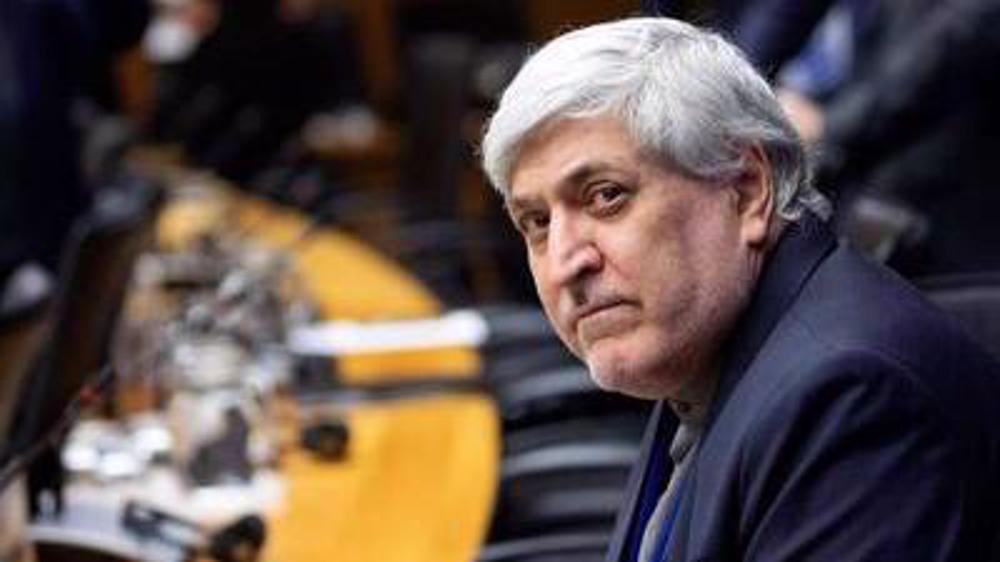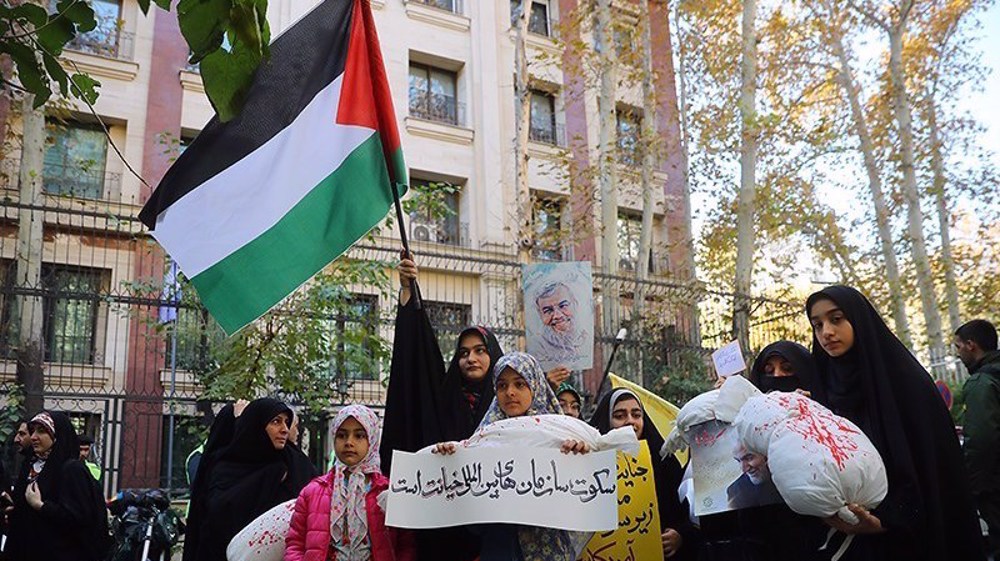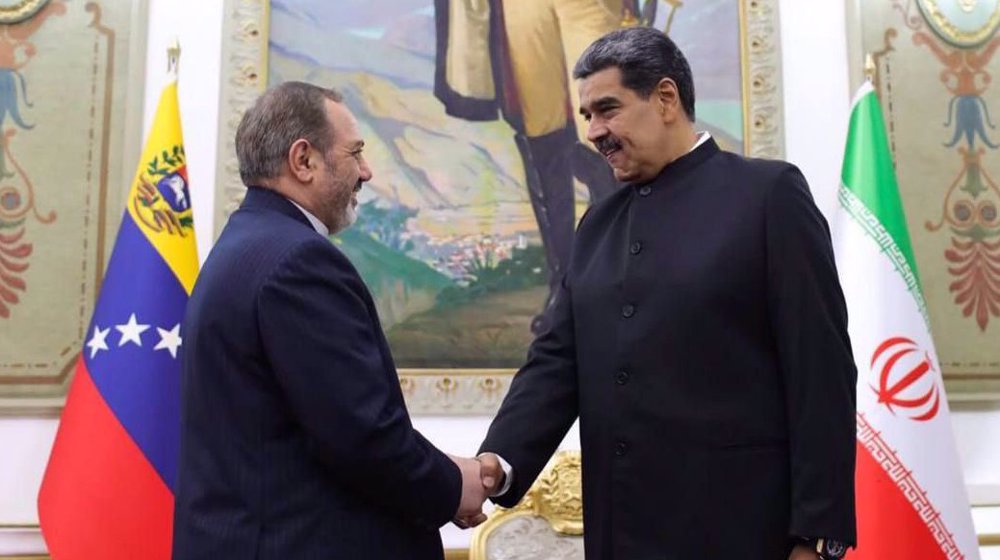E3 seriously working to operationalize INSTEX: UK, Germany
Britain, France and Germany are seriously pursuing the implementation of the Iran-EU special payment mechanism, which is supposed to facilitate trade ties between the two sides after the US withdrew from the Iran nuclear deal and reimposed sanctions on the country, senior European officials say.
“The United Kingdom remains committed to the nuclear deal and will try to implement the Instrument in Support of Trade Exchanges (INSTEX),” said Richard Moore, the director general for political affairs at the UK Foreign Office, referring to the payment mechanism’s official name set up by the three European countries in January to continue trade with Iran despite the US sanctions.
He made the remarks in a Thursday meeting in Tehran with Iranian Deputy Foreign Minister for Political Affairs Seyyed Abbas Araqchi.
Moore, who is his country’s nuclear negotiator as well, also vowed that London will continue its efforts to meet Iran’s demands.
Araqchi, in turn, urged the remaining signatories to the nuclear agreement, officially known as the Joint Comprehensive Plan of Action (JCPOA), to deliver on their commitments under the accord as stipulated in four statements issued by the JCPOA Joint Commission following Washington's illegal withdrawal from the deal.
He called on Europe to take practical steps to secure Iran’s interests in the oil and banking sectors by the 60-day deadline Tehran set forth on May 8.
Iran on Wednesday stopped implementing part of its commitments under the JCPOA in response to Washington’s pullout from the agreement, giving Europe 60 days to adopt practical measures to ensure Iran’s benefits under the deal, otherwise the country would further reduce its commitments.
Read more:
In the Thursday meeting, Araqchi said Europe should not underestimate Tehran’s will to gradually diminish its obligations under the JCPOA.
“Iran has shown enough restraint, but Europe has not seized the opportunities created,” he said.
Meanwhile, German Foreign Ministry spokeswoman Maria Adebahr said on Friday the three major European powers are working intensely to operationalize the alternative payment channel to facilitate trade with Iran.
Speaking at a news conference in Berlin, Adebahr reaffirmed Germany’s commitment to the nuclear deal with Iran, and urged Tehran to continue fully implementing the agreement.
“We are working intensely to operationalize the INSTEX,” she said, adding that the mechanism could not be realized yet due to the very complex nature of the problem and due to some expectations from the Iranian side.
“As you know INSTEX also needs a mirror structure in Iran, which must be realized by the Iranian side,” she stated.
The German official underlined that both structures should ensure international standards with regards to anti-money laundering and combating the financing of terrorism.
“We continue our talks with the Iranian side on this,” she said.
In March, a group of Iranian state and private banks registered a mirror company named as Special Trade and Finance Institute (STFI) to match INSTEX.
On Wednesday, Iran sharply criticized the delay in the launch of the alternative payment channel, saying that Europe has failed to adopt any “practical measures” to blunt the impact of the economic sanctions re-imposed against Tehran by the US following its withdrawal from the JCPOA last year.
Diplomat discourages recourse to pressure, intimidation, confrontation against Iran
UN: 2024 deadliest year for aid workers amid genocide in Gaza
Gaza health official warns of hospital shutdowns within 48 hours
Israel kills 5 more paramedics in southern Lebanon: Health ministry
Iran to launch ‘new, advanced’ centrifuges in response to IAEA resolution: AEOI
Yemen fires hypersonic missile at Israeli airbase
VIDEO | New Delhi chokes under toxic smog as air quality remains at hazardous levels
VIDEO | Press TV's news headlines











 This makes it easy to access the Press TV website
This makes it easy to access the Press TV website